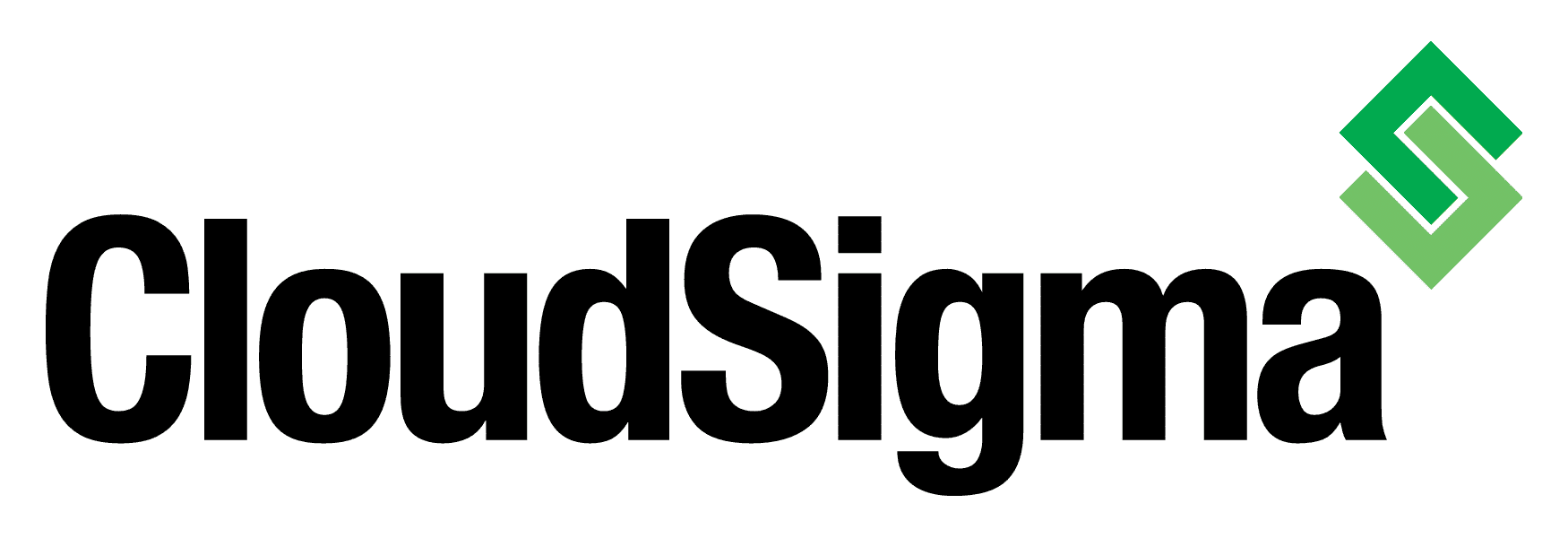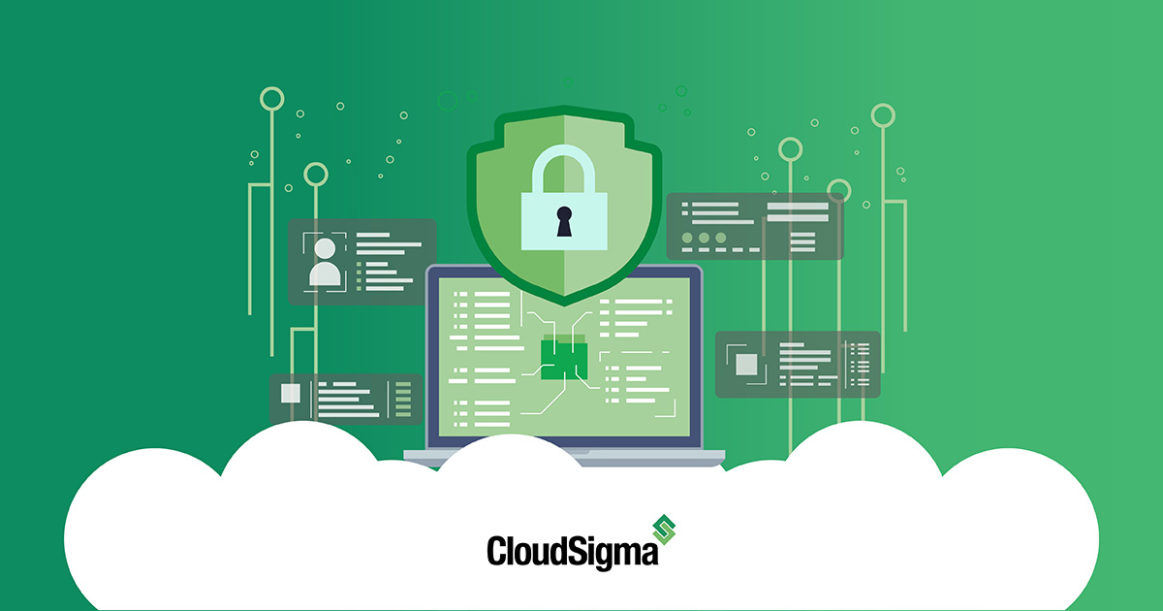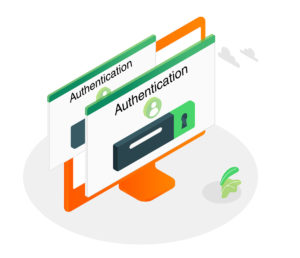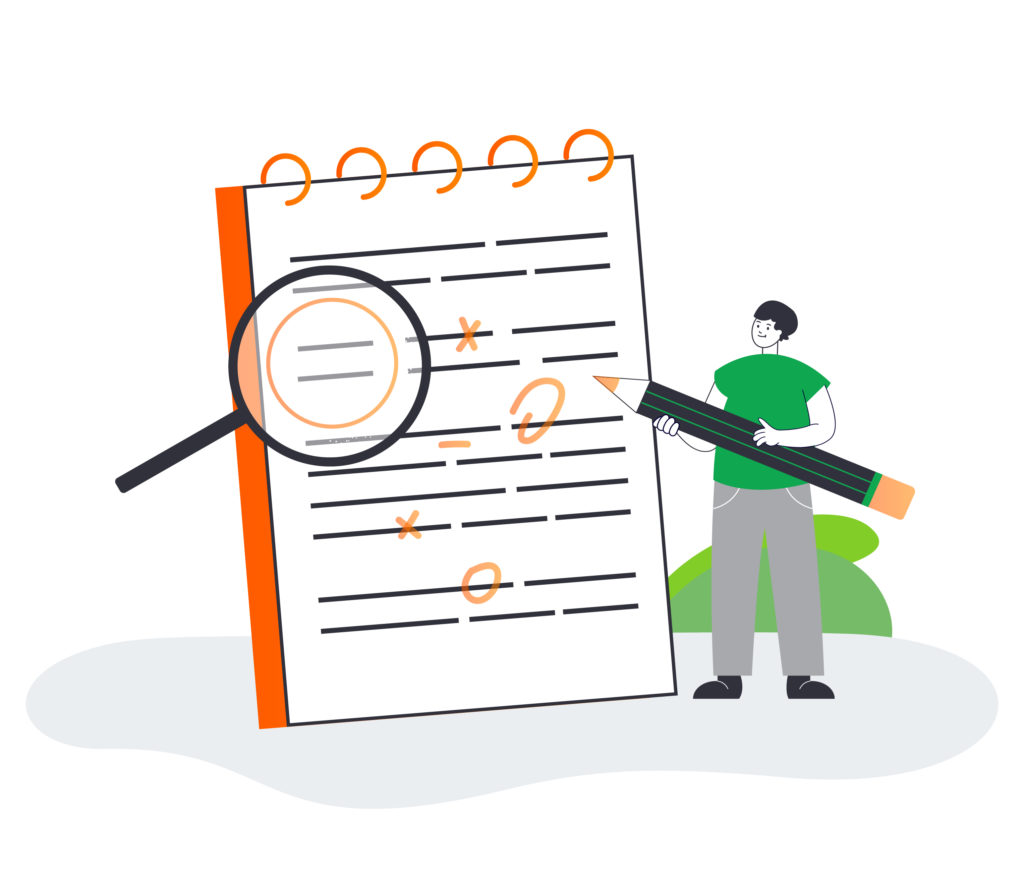While new technologies are designed to counter cyber threats, attackers are constantly evolving and coming up with new ways to exploit potential system vulnerabilities. Therefore, it is crucial for businesses that keep their data in the cloud to build robust and effective security measures that make sure their systems are protected at all times. A sound security plan requires considerable time and resources and must include multiple backup plans, real-time monitoring, encryption, multi-factor authentication, and limiting data access.
Let’s explore the key aspects to consider when it comes to protecting your data in the cloud. We will also elaborate on the pillars that make up CloudSigma’s approach to data security in the cloud. We figured out 7 key points:
1. Identify and Mitigate System Vulnerabilities
Reports show that misconfiguration is the number one reason for most cloud data breaches. As such, it is important to implement your security measures while your systems are being set up and configured. You should also never assume that things are working as they should. It is always wise to run tests periodically to confirm that everything is in place. Regular misconfiguration tests will allow you to find hidden weaknesses sooner. It is crucial to schedule weekly reviews to identify and address potential vulnerabilities so that patch-ups can be applied as quickly as possible.
2. Employ the Use of Encryption
Encryption is critical for ensuring the safety of data, whether it is being transmitted or stored. The protection of data when it is transferred between two points is called in-transit encryption. On the other hand, data at rest encryption (DARE) refers to encryption of data when it is simply being stored.
CloudSigma offers effective in-transit encryption using a KVM (Kernel-based Virtual Machine) hypervisor. Similarly, it provides encryption for data at rest using KVM/Truecrypt. Users can easily implement two-factor authentication to gain access to the platform as well. We recommend as a best practice that end users perform boot-level encryption of sensitive data and retain the keys outside our cloud.
3. Maintain Proper Access and Credential Management
When it comes to authentication, organizations are increasingly opting for two-factor or multifactor authentication. This means a user would have to provide an additional means of identification in addition to their username and password. Adding that extra layer goes a long way in ensuring only authorized personnel are able to access sensitive data on the cloud. CloudSigma customers are able to use Google’s Two-step authentication in order to log onto their accounts.
In addition, while CloudSigma hosts and handles all of your data, you will receive full, solitary access to it at the root (file system) level. CloudSigma does not have access inside your Virtual Machines or drives.
CloudSigma customers can use Access Control Lists (ACLs), to manage who has the right to view and modify resources across their accounts. ACLs enable very granular control over the account’s permissions and budget, resulting in higher levels of transparency and security.
4. Formulate a Multi-Pronged Backup Plan
Cloud backups are a necessity in this day and age considering just how common cyberattacks have become. Many businesses set up automatic cloud backups that continuously upload data to a secondary storage location. From there it can be retrieved in case the original storage site experiences equipment failure or catastrophe. However, the ideal practice is to create multiple backups of all of your datasets. This ensures that you will be able to perform disaster recovery if your backup is compromised due to malware, system failure, or even a natural disaster.
5. Partner with a Trusted Cloud Provider
With so many options at your disposal, it is important to pick a trusted cloud provider that is tailored to meet your needs. Formulate a list of security goals that your business or organization must meet, and tally them with the features the cloud service can provide. Being able to meet the compliance standards relevant to your industry is only the bare minimum. Make sure you communicate with the provider about your expectations and their capabilities before subscribing to their service.
CloudSigma only uses thoroughly tested infrastructure that is able to support our customers’ requirements. The CloudSigma cloud is ISO Security Certified. We adhere to very high-security standards and employ numerous measures to ensure multi-dimensional data security. CloudSigma currently has ISO 27001, ISO 27017, and ISO 27018 security certifications. We also roll out patches and updates regularly to mitigate any possible vulnerabilities.
CloudSigma ensures compliance with national standards by using siloed cloud servers for individual locations. This makes our servers independent based on location, meaning only your respective set of national compliance laws applies to your business.
We have created a Data Processing Agreement (DPA) which enables our clients to comply with the obligations associated with the EU General Data Protection Regulation (GDPR). As such, you can rest assured you are compliant with GDPR regardless of where you are in the world.
CloudSigma also employs payment account data security by being compliant with the Payment Card Industry Data Security Standard (PCI DSS). This helps in reducing the risk of credit card fraud across your web applications. More than that, it gives you much more control and unwavering data security.
In addition, you can find CloudSigma in the official Security Trust Assurance and Risk (STAR) Registry. We adhere to the principles the STAR Registry puts forth for cloud services. Our system focuses on providing optimum data security with system transparency and we are also open to auditing requests from our customers.
6. Implement Confidential Computing Features
Businesses that keep their data in the public cloud would benefit greatly from implementing advanced security features for confidential computing. Confidential computing isolates sensitive data in a protected CPU enclave during processing. By protecting selected code and data from modification, developers can partition their applications into hardened enclaves or trusted execution modules to help increase application security.
CloudSigma has partnered with Intel to expose Intel® Software Guard Extensions (Intel® SGX). Intel® SGX is a security-related instruction set built into CPUs at the hardware level. It helps protect data-in-use with application isolation technology. CloudSigma is uniquely exposing this feature in a highly flexible, integrated way allowing customers to create enclaves associated with any cloud server on the platform. Enclaves are trusted execution environments (TEE) that utilize a separate portion of memory that is encrypted for TEE use. Further, enclave sizing is independent of server sizing allowing perfect provisioning for customers as well as the ability to create multiple secure enclaves on a single cloud server.
7. Keep Revising and Updating Your Strategy
You need to be open to change and upgrades as newer solutions and practices become the standard. Not only are regular updates important to maintain the integrity of your security system, but they are also necessary for compliance with data governance programs. This is especially important as your application continues to grow in size and number of users. Remember: your security must scale with your growth as new vulnerabilities will emerge.
Conclusion
With restricted user access, a reliable and resilient system, confidential computing features, and effective encryption, CloudSigma’s ISO-certified cloud offers all the features you need to achieve optimum data security. You can read more details about CloudSigma’s security features here. If you are considering partnering with CloudSigma for your cloud ventures do not hesitate to get in touch with us with your questions. You can also test our cloud free of charge and without any credit card required to ensure we are the right partner for your cloud security needs.
Try CloudSigma for Free for 7 days
- 5 Tips to Achieve Optimal Cloud Computing Cost Efficiency - October 31, 2022
- CloudSigma Empowers Blockchain Infrastructure Provider with a Green, Reliable, and Cost-Efficient Cloud Platform - October 27, 2022
- Whitech Launches New Egypt Cloud Computing Offering, Powered by HPE and CloudSigma - October 17, 2022
- Key Aspects of Protecting your Data in the Cloud - September 20, 2022
- How to Configure MongoDB Replication and Automated Failover - September 19, 2022





